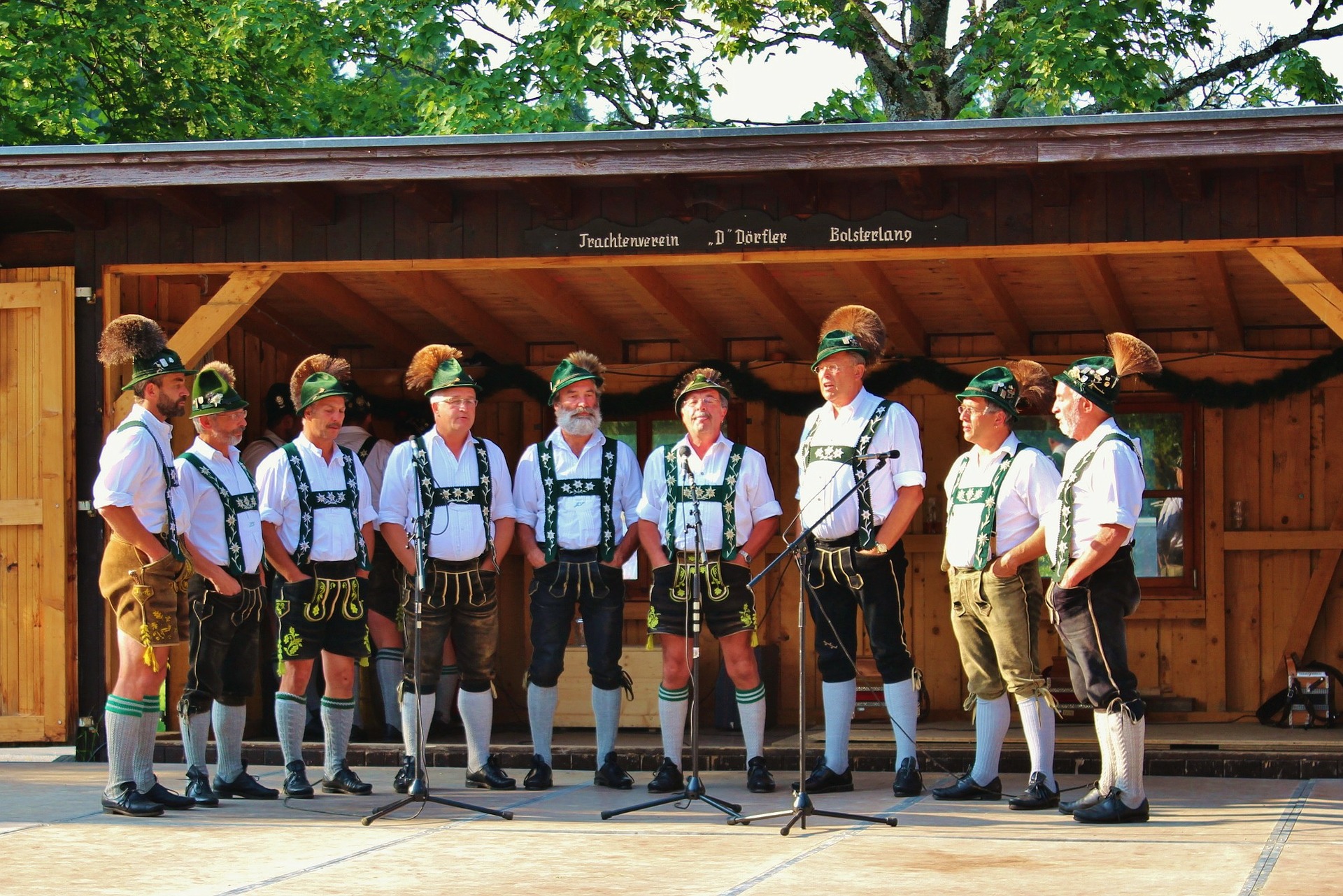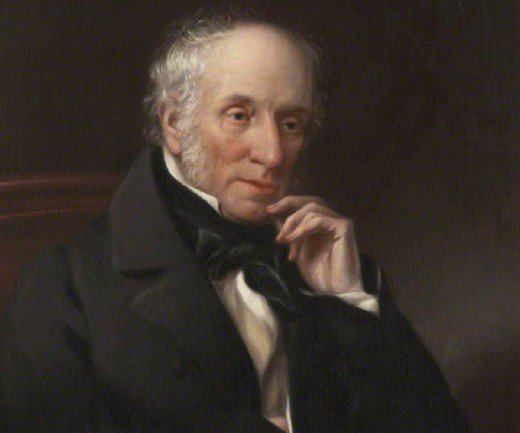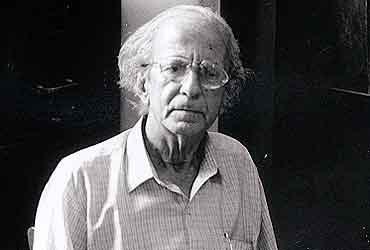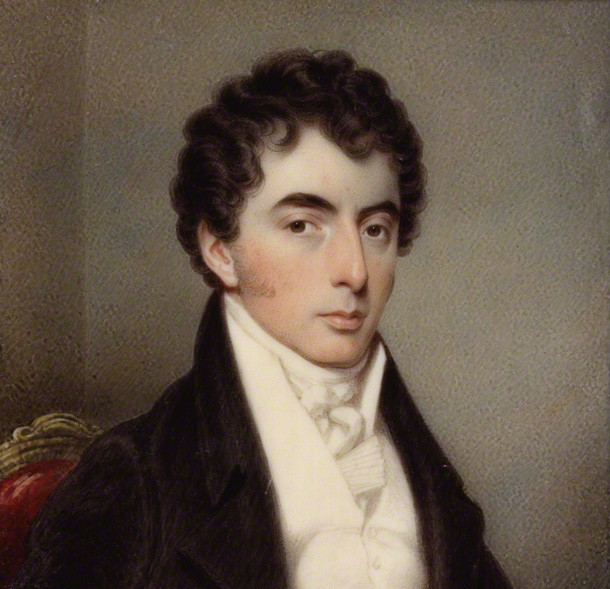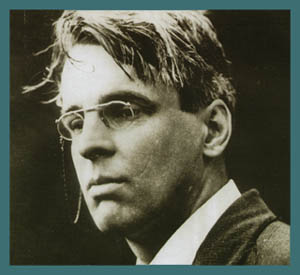‘Cultural Exchange’ is a satirical poem by the African-American poet Langston Hughes, one of the major figures of the Harlem Renaissance. The poem consists of thirteen stanzas of varying length.
The first stanza consists of nine lines. In this stanza, Hughes describes how the ghettos are in which African-Americans were forced to live by their white counterparts. The doors are so flimsy that they appear to be made of paper, and seem only to contain dust and not solid wood. Life is but a mockery, like the jack o’ lanterns that are made during Halloween out of pumpkins to scare small children, but which they know aren’t real. In the ghetto, sometimes the wind blows in and collapses the flimsy doors at midnight itself, leaving the inhabitants with nowhere to sleep.
The second stanza consists of six lines. In this stanza, Hughes talks about the African-American opera singer Leontyne Price, and says that her themes were always about early African-American life, when the railroad was being built in America and trains and steamboats were becoming popular modes of transport in the 1920s. Price successfully straddled the boundaries between a dominantly white art form, and its appropriation with African-American themes.
The third stanza consists of seven lines, and here Hughes expresses his surprise at how the German opera style of lieder has entered into the ghetto of the African-Americans, and is more German here than in the land of its origin. Price’s heritage is what transforms this genre. Her origin is not in Germany or any other white land, but in the black culture which considered collard greens a delicacy.
The fourth stanza consists of six lines and here Hughes says that white America knows of many famous and accomplished African-American singers, musicians and actors such as Leontyne Price, Sammy Davis Junior, Harry Belafonte, Sidney Poitier, Lena Horne, Marian Anderson, Louis Armstrong, Pearl Baily, and Gracie Mae, and they know that these icons can do much for the betterment of their community, but they do not allow this to happen.
The fifth stanza consists of seven lines, and here Hughes says “Molto Bene”, Italian for “very good” to George S. Schuyler, the Black journalist who believed in inter-racial marriage. Hughes’ tone is ironic at this point. Asserting his own differential point of view by citing his name, Hughes implies that whites have always oppressed the African-Americans and should never be forgiven. Hence, they have made the African-Americans build their railroads and fetch their water, and built separate entryways to the movie theatre for them apart from the white-only front entrance.
The sixth stanza consists of five lines, and here Hughes refers to his own life, and says that though he himself has moved out of the ghetto to the upwardly mobile community of Mount Vernon near New York, he and his mother still have to wash their clothes at a segregated Laundromat for the African-Americans.
The seventh stanza consists of twelve lines, and here Hughes criticizes African-American writers like Ralph Ellison, Arna Bontemps and Jimmy Baldwin for believing that America can be a land of peace (the meaning of the Hebrew greeting “Shalom Aleichem”), and compares them to colonizers like Amerigo Vespucci after whom America is named, and slave sellers from the West African coast who sold their fellow men to those colonizers in exchange for money. He also says that the underground railroad that ran through Westchester that was supposed to act like a bridge between the whites and the African-Americans was more like a shaky plank of wood that connected the shore with a directionless board, that is, it did not foster any such good relations.
The eighth stanza consists of four lines, and here Hughes says that the African-Americans are so segregated that they do not know of the Cold War, but spend their days only listening to free jazz of the kind created by the African-American saxophonist Ornette Coleman.
The ninth stanza consists of six lines, and here Hughes goes back once more to Leontyne Price and asks what she is cooking in her house. Cooking is just a metaphor for creation here and he refers once again to the mix of German opera form and African-American themes in her music.
The tenth stanza consists of twenty-two lines, and here Hughes refers to great African leaders such as Kwame Nkrumah (proponent of Pan-Africanism), Gamal Abdur-Nasser (president of free Egypt), Zik Azikiwe (president of free Nigeria), Jomo Kenyatta (president of free Kenya), and Fidel Castro (Cuban president), as well as the “bluesman of Africa” Ali Farka Toure, and the Tom of Harriet Beecher Stowe’s novel about slavery Uncle Tom’s Cabin, and says that they are the real cultural forefathers of African-Americans. Hughes encourages African-Americans to remember the history of the kinds of oppression they have been subjected to – the canes with which their backs were broken, the chains that enslaved them, the blocks they were tied to, how their homelands were destroyed, how they were fed on liquor to forget the loss, how they were sold to facilitate the loss itself. The decisions of the whites tear the African-Americans away from this cultural heritage.
The eleventh stanza consists of three lines, in which Hughes recalls how African-Americans would often wish for their blackness to be obliterated from their faces as a Christmas present, but that Hughes would always to ask them to ask their mothers to recount how pervasive slavery has been for their race.
The twelfth stanza consist of fifteen lines, and here Hughes says that it is both a dream and a nightmare when he thinks of how the African-Americans may vote the whites out of power, and risen to power from the southern states which they occupy with Martin Luther King appointed as the governor of Georgia, and with Atlanta University president Dr. Rufus B. Clement and the black diplomat Zelma Watson George as his right hand men. Hughes goes on to imagine that the African-Americans have now become rich with the whites as their slaves, sharecroppers, and babysitters.
The thirteenth and final stanza consists of nine lines, and here uses the names of segregationists like Orville Faubus, James Eastland, and John Patterson and calls them the derogatory term “Mammy” that was generally used for African-American babysitters, and tells them to bring mint julep for their now black masters.
Some online learning platforms provide certifications, while others are designed to simply grow your skills in your personal and professional life. Including Masterclass and Coursera, here are our recommendations for the best online learning platforms you can sign up for today.
The 7 Best Online Learning Platforms of 2022
- Best Overall: Coursera
- Best for Niche Topics: Udemy
- Best for Creative Fields: Skillshare
- Best for Celebrity Lessons: MasterClass
- Best for STEM: EdX
- Best for Career Building: Udacity
- Best for Data Learning: Pluralsight

